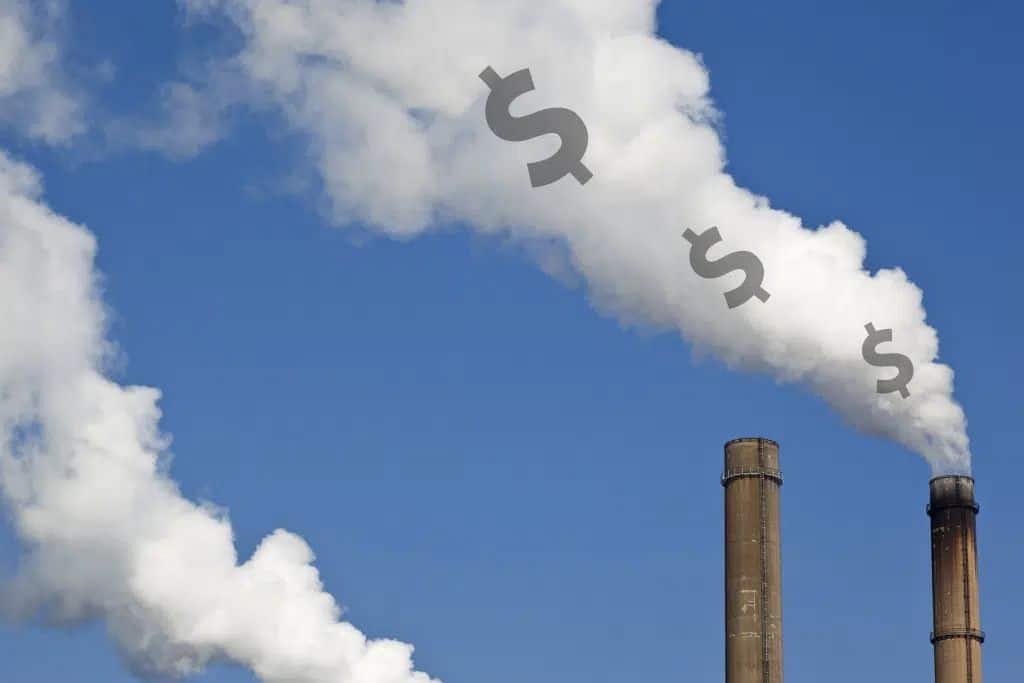Summary
Governments are grappling with effective climate policies as they allocate more resources for climate action. While regulations and subsidies have been predominant, market-based approaches like carbon taxes and cap-and-trade offer potentially more efficient solutions. However, political challenges, industry opposition, and unintended consequences complicate their adoption. The quest for a “perfect” climate policy continues, balancing economic efficiency with societal needs.
Highlights -🌍
- Diverse Climate Tools: Various mechanisms like regulations, subsidies, carbon taxes, and cap-and-trade exist to combat climate change.
- Fiduciary Responsibility: Firms prioritize profits, often neglecting the social costs of emissions.
- Market Inefficiencies: Firms tend to overuse fossil fuels without accounting for environmental externalities.
- Regulatory Challenges: Regulations can be less efficient and inflexible compared to market-based solutions.
- Subsidy Pitfalls: While subsidies foster innovation, they can lead to negative energy prices and inequitable distribution.
- Carbon Taxes Advantage: Carbon taxes provide flexibility and incentivize emissions reductions efficiently.
- Political Resistance: Carbon pricing faces significant political hurdles despite economic advantages.
As governments allocate increasing proportions of their budgets for climate action, the debate over which tools should be employed is intensifying. While regulation and subsidies have been the most widely used approaches, market-based approaches such as carbon taxes and cap-and-trade schemes, albeit facing significant political hurdles, offer more efficient alternatives in the global fight against climate change.
—
Firms produce goods to maximize profits for their shareholders. It is their fiduciary responsibility to do so.
Firms utilizing fossil fuels in their production processes take into account the private costs of procuring and using those fuels – mining, processing, transporting and burning them at the production site. However, by burning fossil fuels, these firms also emit greenhouse gasses (GHGs) that accumulate into the atmosphere, raising temperatures and exacerbating climate change.
The societal damage caused by climate change represents an externality – costs that firms do not bear, unless carbon taxes or regulations are in place. As a result, firms tend to burn more fossil fuels than would be socially optimal. For instance, if firms burning coal to produce electricity had to account for the costs of environmental damage, they would be incentivised to switch to lower-carbon fuels like natural gas, which emits only a third of the carbon emissions of coal.
What is good for a firm’s shareholders may not be best for society. Policy tools are therefore needed to influence firms behavior and ensure that firms internalize the social costs of their actions.





